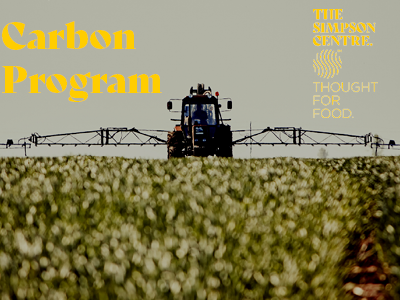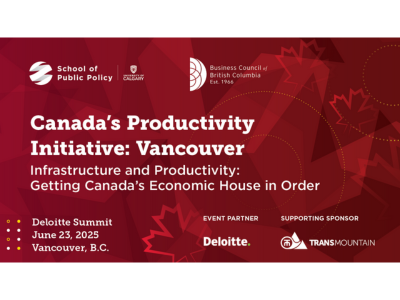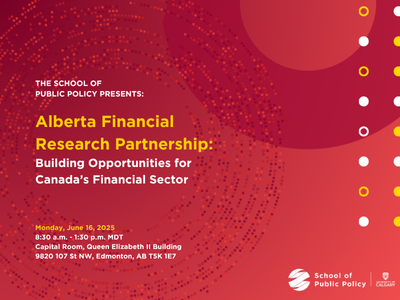Fertilizer Futures and Frameworks – N20 Emissions

Watch the Webinar
Fertilizer Futures and Frameworks – N20 Emissions
Fertilizer use in crop production is a contentious topic with conflicting opinions and perspectives between government and industry reaching a boiling point this year, amidst increasing geopolitical and environmental pressures. The Simpson Centre’s Carbon Program aims to better quantify Canadian fertilizer emissions in the crop sector and identify strategies that can mitigate direct-fertilizer N2O emissions into the future.
In this webinar, we’ll discuss the role of Alberta crop producers’ N2O emissions through two lenses: (1) a study on modelling Canadian wheat production and emission benchmarks with international comparisons and perspective; (2) an exploration of cost-benefits associated with the adoption of enhanced efficiency fertilizers throughout Alberta in the context of current and future carbon offset prices.
We will also welcome special guest, Scott Bolton, President & CEO, UFA, to provide opening remarks about the Simpson Centre Public Education Series, which has been exclusively supported by UFA Co-operative Ltd. and UFA’s Rural Communities Foundation.
Speakers:
- Joshua Bourassa, Research Associate, The Simpson Centre, The School of Public Policy
Moderator:
- Shawn Wiskar, Policy Analyst, The Simpson Centre, The School of Public Policy
There is no cost to register. The webinar will be hosted via Zoom. Please feel free to share this invitation with colleagues that may be interested.
Contact us at sppcomm@ucalgary.ca with any questions.
The Simpson Centre mobilizes research for better policymaking and decision-making to realize a more sustainable agricultural industry. Strengthening the sustainability of agri-food and agribusiness means increasing food production to feed a growing global population, while attending to social and health impacts and the natural environment. We connect researchers, everyday people, industry stakeholders and government actors to scientific issues critical to the future of Canada’s agricultural and food system.


